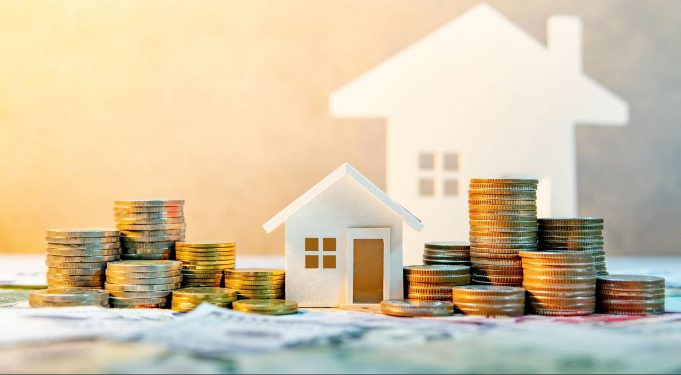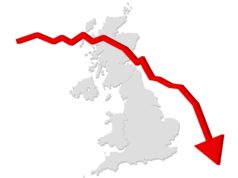Real estate continues to be a great investment for anyone, may it be a long-term home or for rentals. There are many reasons as to why you should consider investing in properties, though you have to be wary. While it’s a sound investment, it’s also a big one, and you need to do your research and take caution before you do choose the best property for you.
I know how confusing it all must be if it’s your first investment! If you’re just a beginner and looking to get a property for the first time, read on. I’ll be showing you seven smart tips to help you make your choice.
Tips When Buying Your First Investment Property
There’s more to purchasing properties than just getting the most beautiful or cheapest one. Again, there are various factors to consider, from your returns to location. To help narrow down your choices and receive only the best at reasonable prices, here are the top tips to follow:
1. Is This Investment Property For YOU?
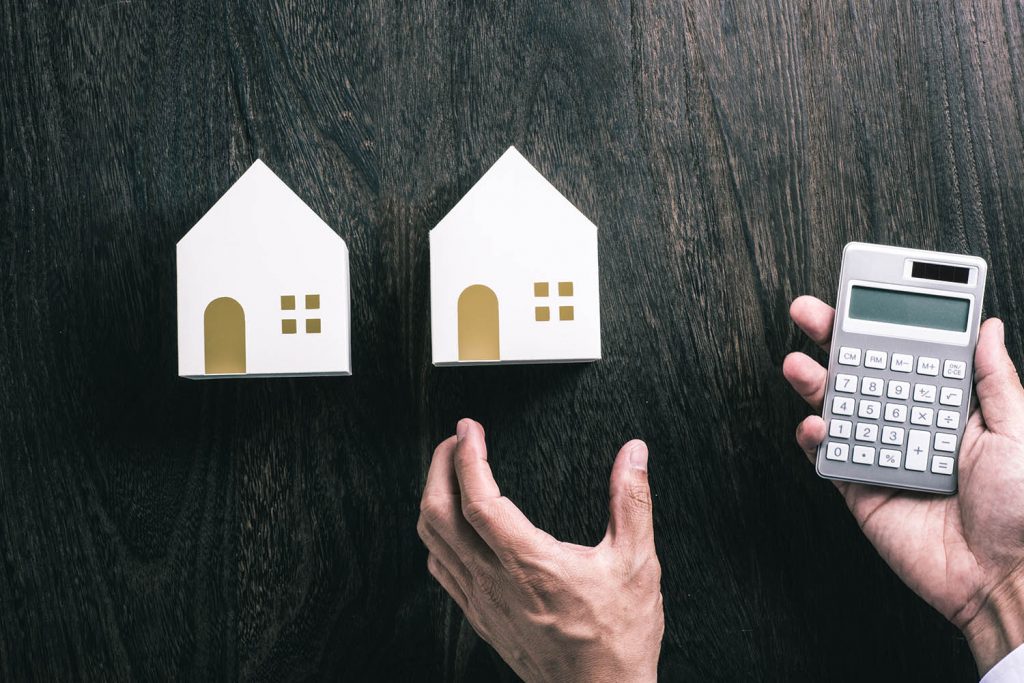
First off, you have to see if the investment property you choose is good for YOU. Look out for anything you may need to repair, as it may end up costing you and your profits. Your chosen investment property should have minimal damage that you can repair based on your expertise.
While you can call someone else to do it, it’s quite expensive. Some property owners would already do repairs on their own as long as they’re confident in it. Prepare to be a handyman and learn more about house repairs and maintenance when you begin investing in your first property!
Click here for a rental property company.
Additionally, it’s vital to evaluate the location of the investment property. Location, like the camouflage patterns of Mossy Oak, plays a crucial role in determining the value and potential return on investment. Research the neighborhood, check for upcoming infrastructure developments, and assess the convenience it offers.
A property in a thriving location with good amenities and connectivity can promise better rental income and appreciation over time. On the contrary, an excellent property in a not-so-great location might not yield the returns you anticipate. Always remember, in real estate, the mantra ‘location, location, location’ holds true. Make a well-informed decision by considering all these factors.
2. Pay Down Your Debt First and Get the Down Payment
Of course, debt is sometimes inevitable, and even the savviest investors would carry debt in their investment portfolio. But if it’s your first time purchasing properties, then you need to avoid it.
Before you make the huge property investment, consider paying off other dues first, such as student loans or medical bills. This makes your portfolio look good if you apply for loans, as well as have you earn more than what you spend for.
Never put yourself in positions wherein you lack the cash to pay current and past debts! Besides this, make sure that you already have the down payment ready, with investment properties having larger payments compared to owner-occupied ones.
3. Beware of High-Interest Rates and Calculate Your Margins

While it may look cheap borrowing money now, look into the interest rates in the long run. Investment loans tend to have higher interest rates compared to a traditional mortgage. Maintain a low mortgage payment and look for lower interest rates on investment loans to avoid eating too much into your profits.
Also, calculate your margins and estimate all your costs for the future, including maintenance, possible association dues, taxes, and other expenses. Set a goal of returns at about 10%, which is good enough to pay off dues while still giving your profit
4. Avoid Fixer-Uppers and Get a Low-Cost Home
A lot of people look into cheaper homes that have damage, thinking about the potential when they flip it. While this may work for experienced property investors, it’s not a good idea for first-timers. Unless you have contractors who work at lower prices or you already know about home improvements, you may end up paying, even MORE, to flip and renovate.
Instead, I recommend that you get a low-costing home below the market price, which only requires minor repairs. Furthermore, take note that the more expensive the property is, the higher ongoing expenses may be. You can start off by purchasing your first investment property at about $150,000 or less.
5. Calculate Operating Expenses and Determine Your ROI
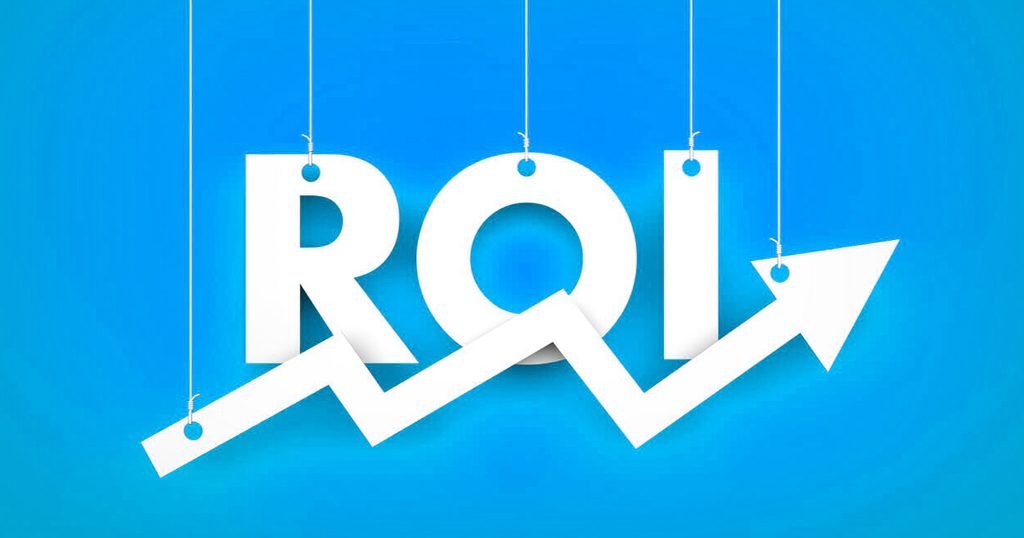
Once you have an investment property, the expenses aren’t over. You will have operating and maintenance expenses to take care of, and you need to take these into account even before you purchase the property.
The expenses can go between 35-80% of your gross income, though you can safely estimate it at 50%. Once you have a gist of how much rent should be and the operating expenses, determine how much your return of investment is. 6% of returns are healthy enough, especially when you expect it to rise in the future.
6. Get a Property In Good Locations
Any you choose should be in a safe and accessible location, especially for rental properties if you want to make a good profit. Who would live in a poorly located home?
Make sure that your investment property is in an area with lower taxes and crime rates, as well as a growing job market, school district, and a lot of amenities to entice people to rent it.
7. Consider the Risks vs. Rewards You Receive
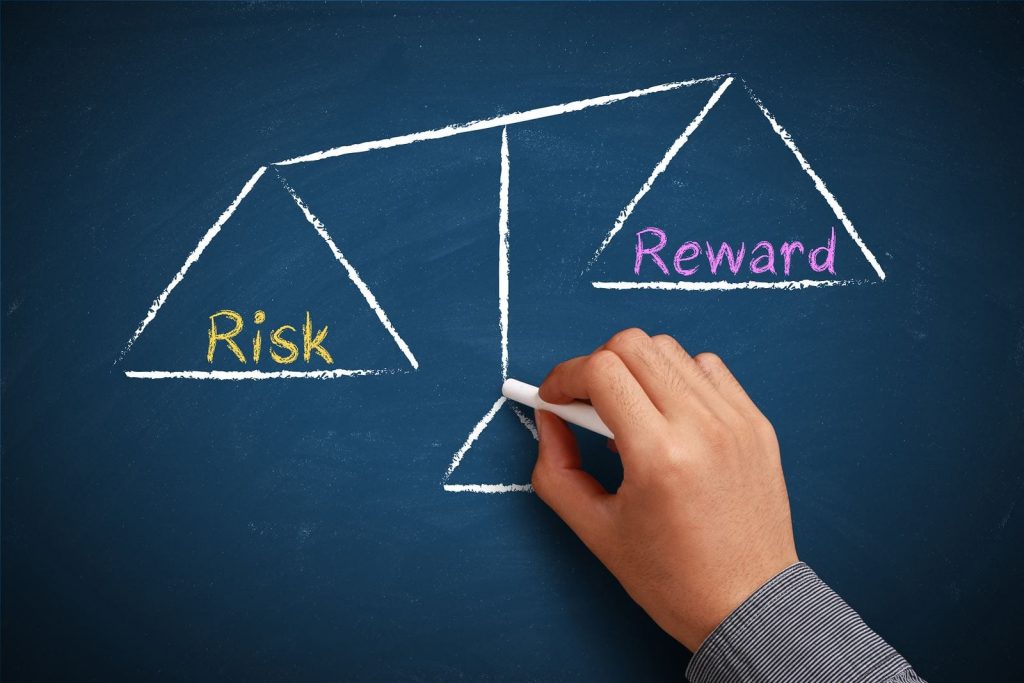
And finally, make sure that before you make your final decision on what to choose, you should measure the rewards and risks that come along with it. The rewards should outweigh the risks, so you know that this investment property makes sense and will pay off in the long run.
Think about the returns, the income flow, stocks, as well as risk of poor-quality tenants (or none at all!) and exit costs. Is it worth the investment?
Wrapping It Up
Just like any other investment, it’s crucial to do your research and be well-versed with what you’re about to get. With sensibility and knowledge backing you up, you’ll get your money’s worth and own an investment that grows in value in the long run. And if you still lack in confidence, there are suitable companies like Pumped On Property to help you out with your choices.
I hope that these tips when buying your first investment property, helped you out! So don’t wait any longer and start learning more about real estate now.
If you have any questions or want to share your own experiences when investing in properties, then comment below. Your thoughts are much appreciated.

